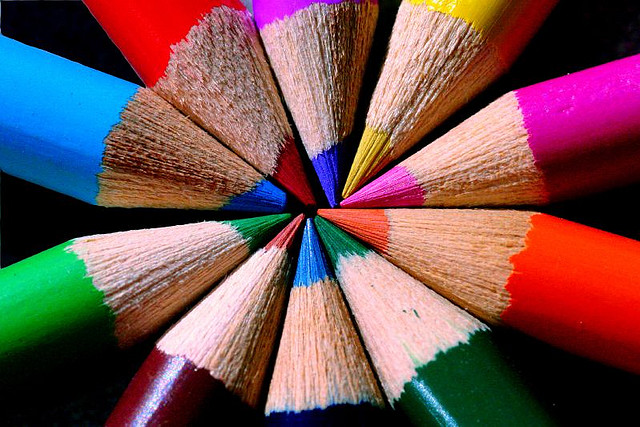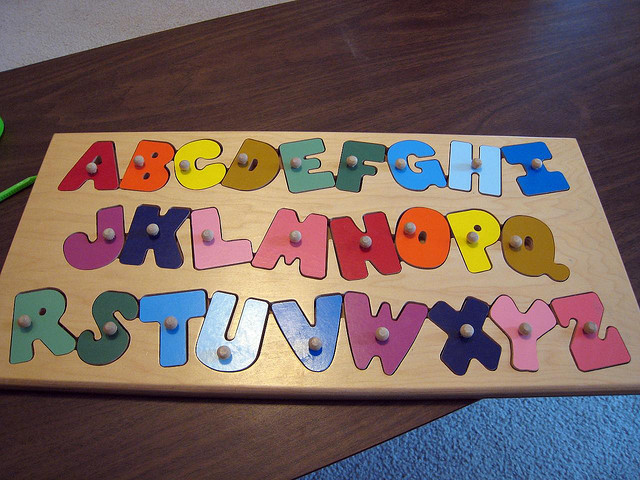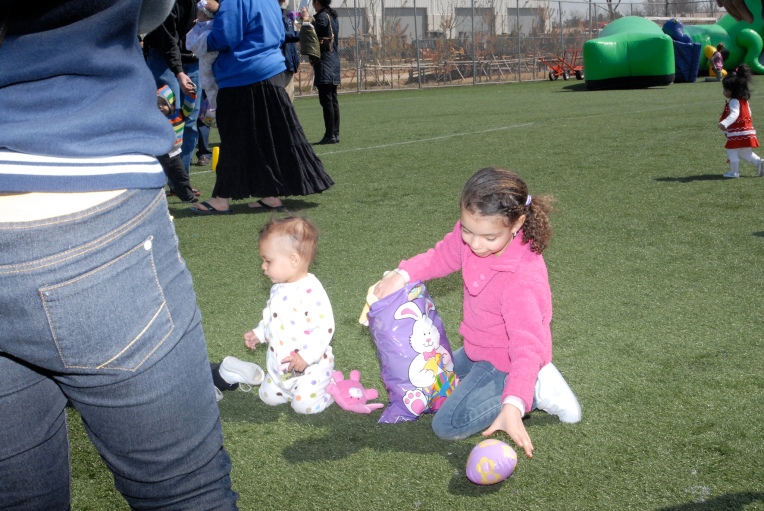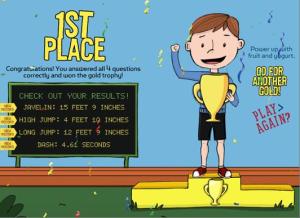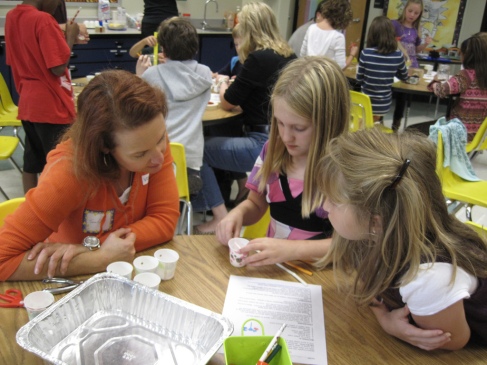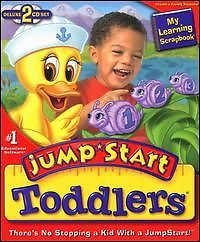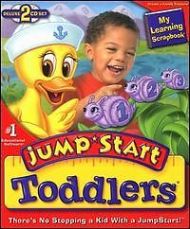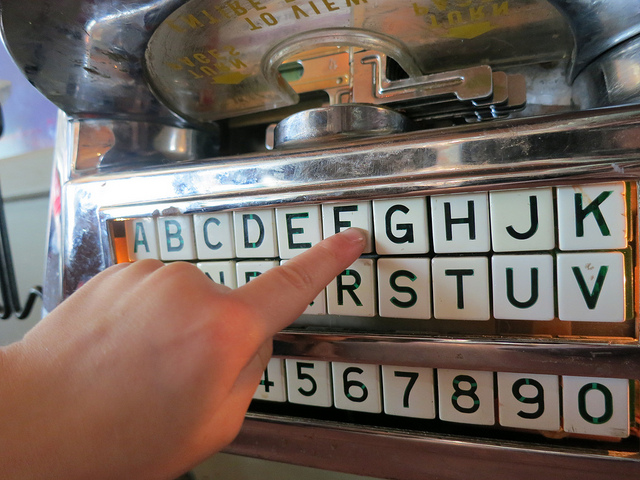
You know how active and curious preschoolers can be. By creating the right learning atmosphere – one that is engaging and fun – we can tap into the huge potential preschoolers have to absorb everything around them. There is no time like now for word games to be introduced to preschoolers because language is such an important function!
These games are so easy to access that there is no excuse for you not to get your little one started on them. All you need is paper and pen to whip up a game right out of thin air. Of course, there are also numerous board games, and in this day where technology is at our fingertips, online word games are also within easy reach.
Preschool games can help kids develop a range of skills, even if a particular game is focused on one main subject. A numbers game can help unlock more than a mathematician in your child. It could also help him improve his motor and social skills!
The advantages of word games include improving language skills, as preschoolers can improve their vocabulary, spelling, reading and comprehension with these games. It also helps them learn to think and communicate better.
So, what are the types of word games that are out there?
Online Preschool Games
Online preschool word games are a good bet here as they are categorized as easy, difficult and moderate, and most games are designed in such a way that when kids finish playing them, they are rewarded. The sense of achievement builds their confidence and encourages them to get better.
Scrabble
This board game needs no introduction. It is a classic word game and is also available online. Kids can form simple words from an assortment of letters available and play against a timer. There are also several variations that one can choose from.
Word Scramble
Kids need to play against a timer if they play Word Scramble online. This is a word game that has jumbled letters that have to be rearranged to form a valid word.
Hangman
Hangman is a word game that has many variations. You can use this fun game to teach kids not only regular words, but also proverbs, phrases and more. Depending on the word/phrase used, the players are allowed to make around 10 guesses.
Spelling Bee
In the Spelling Bee, kids can look at an image or listen to an audio recording and spell out the word. Preschoolers can start off easy with simple words like cat, bat and so on.
Word Search
Another classic word game is word search or word find, in which a player has to find specific words in a grid of mixed letters. This popular game will also help your preschooler learn spellings.
Crossword Puzzles
Another popular word game, crossword puzzles involve a grid with some boxes shaded. Based on the clues given, kids can fill in the white squares with the correct set of words. It is a great game to help develop vocabulary and problem solving skills in kids.
These are some of the popular games out there that your preschooler can try out, but word games are not restricted to these and you will see that your preschooler will be spoilt for choice!
